Prof. Metcalfe and the South African education tragedy
It's tragic that although there are solutions for the education crisis in South Africa, influential education experts tend to ignore these. Recently, prof. Mary Metcalfe, former MEC of education and education expert, received a lot of criticism on social media from homeschoolers on her uninformed statements on not only home education, but also the law and the practical situation in public schools.
Solutions to the education crisis
There are many solutions to the crisis in education. One is to fix the public school system. Another is to give parents freedom to explore a diversity of alternative types of education.
During the last decades many radical changes were implemented to attempt to fix the public school system. Outcome based education, Curriculum 2005, the National Curriculum, a new National Senior Certificate, CAPS, central procurement of textbooks, etc. None of these changes seem to have had any positive impact. Currently there are no new plans that can instill any hope that improvements can be expected in the future, and even if there were new plans, the money for these plans will be used to fund the fallen university fees.
A well known definition of insanity is doing the same thing over and over again and expecting a different result. Continuing to attempt to fix the public school system therefore looks very much like insanity. One would therefore expect that education experts such a prof. Mary Metcalfe would recommend that parents explore a diversity of alternative types of education.
Prof. Mary Metcalfe's solution
One of the alternative types of education is home education. In a radio interview on SAFM on the 25th of August, prof. Mary Metcalfe was interviewed on home education.
Regardless of the failure of the public school system prof. Metcalfe believes that this is the best system to provide a basic education : "Schools are organized in a way to have people who are trained and experienced in not only caring for children and their social emotional development and moral development and intellectual development, but making sure that they negotiate this vast range of knowledge."
Regardless that it is estimated that there are about 100 000 learners from all walks of life receive home education, prof. Metcalfe views it as an option only for a few families with highly skilled parents with access to many resources that emulate school at home : "Of course it's possible that somebody can do that at home, and I think that the law allows for that. But even if somebody does it at home, it would require that that family has the skills and abilities the access to all of the information that is required to support the child to be ready to negotiate the world. ... homeschooling is trying to provide what happens at school more informally in a home environment and unschooling is saying let children learn what they want they will get there in the end."
Prof. Metcalfe does not recommend that parents explore alternative types of education, but rather that all should attempt to fix the public school system : "Whats good for society is that all of us contribute as much energy as we have to make the public schooling system as effective as possible for all children. So if you are a parent who has a passion for education and you believe that children should have more opportunities for self direction, influence that in the public schooling system, in the school that serves your community, because then we are building a society that is good for all. To step outside and say 'let me do this for me' , I understand that. We are individuals and we are personal. But rather make sure that schools do the best for all of our children."
The South African tragedy
As long as people like prof. Metcalfe influence education and encourage everyone to contribute as much as possible energy to the public school system, and avoid the exploration of alternative education, then the South African education story will be a tragedy like the myth of Sisyphus. Repeatedly spending billions of tax rands on fruitless attempts to fix the public school system will be like king Sisyphus that was punished to endlessly roll a huge boulder up a steep hill while the boulder rolls back to the start just before the top is reached.
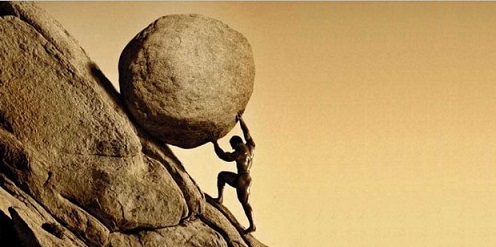
Events
Legal & Research
Centres
Homeschool ABC
Support
Curriculums
British International Distance ...
We offer children in South Africa the opportunity to begin their ...
Elroi Academy (Gr 8 - 12)
Elroi Academy – Top-Rated Distance Education Provider in South ...
Has no content to show!



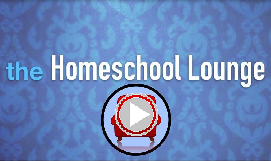

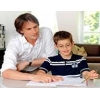
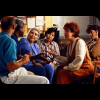

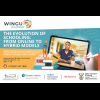
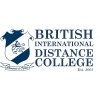
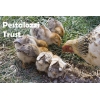

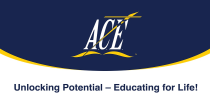

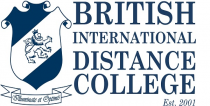

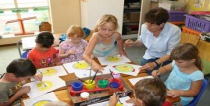
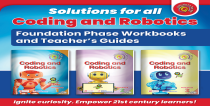

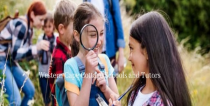
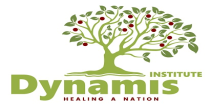

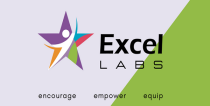



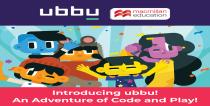





Comments 1
Although prof. Metcalfe thinks that "schools are organized in a way to have people who are trained and experienced in not only caring for children and their social emotional development and moral development and intellectual development, but making sure that they negotiate this vast range of knowledge.", the practical reality is often different. Watch this video from a teacher in the Western Cape to get some insight into the practical realities that teachers must deal with. http://bit.ly/2QFKBEO